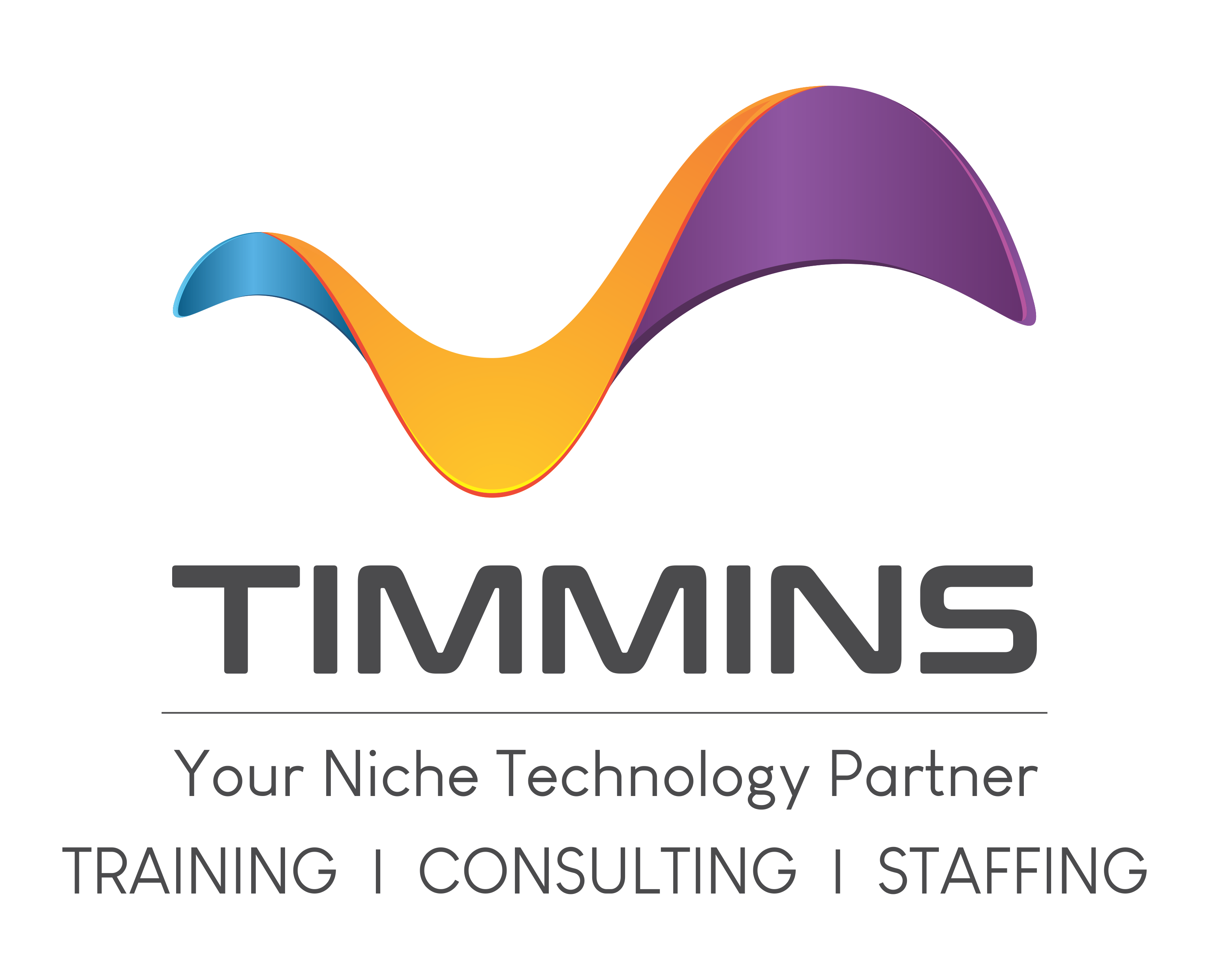
Course Content
Section outline
-
Module 1: Introduction to DevOps (1.5 hours)
- What is DevOps?
- Principles: CALMS (Culture, Automation, Lean, Measurement, Sharing).
- Comparison: DevOps vs Traditional IT.
Module 2: DevOps Tools and Technologies (2 hours)
- Overview of popular DevOps tools.
- Version Control with Git.
- Continuous Integration using Jenkins.
Module 3: Introduction to CI/CD (2.5 hours)
- CI/CD concepts and benefits.
- Hands-on Lab: Setting up a basic CI/CD pipeline with Jenkins.
Module 4: Infrastructure as Code (IaC) (2 hours)
- What is Infrastructure as Code (IaC)?
- Tools: Terraform, Ansible, Puppet.
- Hands-on Lab: Automating infrastructure using Ansible.
-
Module 5: Containerization and Docker (2 hours)
- Introduction to containerization.
- Docker concepts: images, containers, volumes, networking.
- Hands-on Lab: Creating and managing Docker containers.
Module 6: Continuous Monitoring and Feedback (1.5 hours)
- Importance of monitoring in DevOps.
- Tools: Nagios, Prometheus.
- Hands-on Lab: Monitoring applications using Prometheus.
Module 7: DevOps Best Practices and Case Studies (1.5 hours)
- Strategies for DevOps adoption.
- Common challenges and solutions.
- Real-world DevOps case studies.
Module 8: Collaborative Culture and Agile Practices (1.5 hours)
- Role of Agile methodologies in DevOps.
- Cross-functional teams and collaboration strategies.
- Fostering a DevOps culture in your organization.
Module 9: Capstone Project and Wrap-up (1.5 hours)
- Group Project: Build a DevOps pipeline using Git, Jenkins, Docker, and Ansible.
- Course review and Q&A session.
- Feedback and next steps.
